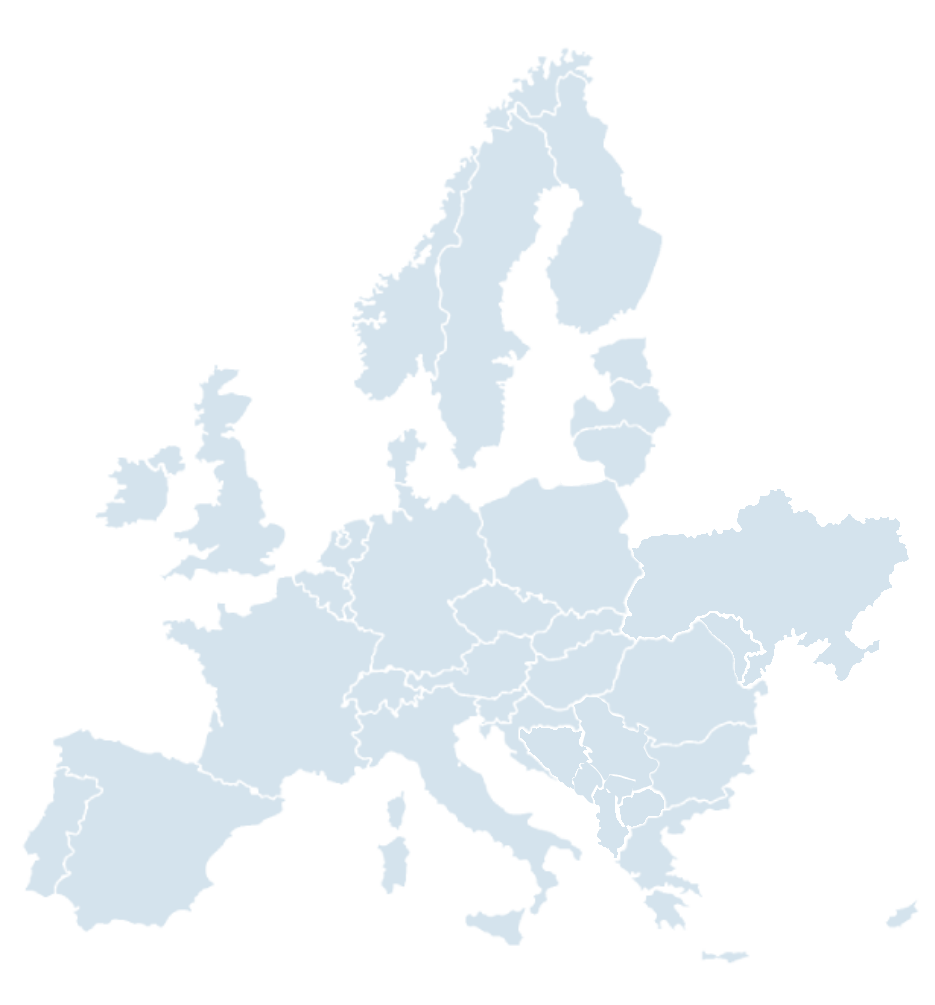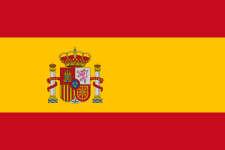We are very thankful and grateful to the European Climate Foundation for their financial support and to all the persons who provided their time and insights for this analysis. Responsibility for the information and views set out in this analysis lie entirely with the authors.
Authors:
Amélie Ancelle, Mélanie Bourgeois, Raphaël Chatelet, Loar Halleröd, Nicolas Raimondi, Julien Joubert (Energy Cities team), and Radostina Primova (independent consultant).
Below a list of acknowledgements to those that made this analysis possible. The European Climate Foundation and the persons mentioned below cannot be held responsible for any use which may be made of the information contained or expressed herein.
We thank in particular:
Austria:
Lukas Kranzl (TUWien)
Michael Cerveny (Urban Innovation Vienna)
Herbert Hemis (City of Vienna)
Wolfgang Götzhaber (City of Graz)
Belgium:
Gawein Van Daele (Association of Flemish Cities and Municipalities (VVSG))
Grégory Tack (Energy ministry of Wallonia)
Cyrille Delneuville (Energy ministry of Wallonia)
Marianne Duquesne (Union des Villes et Communes de Wallonie (UVCW))
Bulgaria:
Kamen Simeonov (EnEffect)
Angel Nikolaev (Black Sea research Centre)
Croatia:
Tomislav Novosel (North West Croatia Regional Energy Agency (REGEA))
Andro Bačan (Energy Institute Hrvoje Požar)
Cyprus:
Stelios Kyprou (Cyprus Energy agency (CEA))
Czech Republic:
Jaroslav Klusák (Association of city energy managers)
Morgan Henley (CEE Bankwatch Network)
Michal Kuzmic (Czech Technical University)
Denmark:
Kirsten Dyhr-Mikkelsen (City of Copenhagen)
Maëlle Caussarieu (City of Copenhagen)
Birger Lauersen (Danish District Heating Association)
Estonia:
Valdur Lahtve (SEI Tallinn)
Finland:
Illari Havukainen (Association of Finnish Local and Regional Authorities (AFLRA))
Laura Mäki (Association of Finnish Local and Regional Authorities (AFLRA))
Vesa Peltola (Association of Finnish Local and Regional Authorities (AFLRA))
Elina Seppänen (Tampere Municipality)
Germany:
Sigrid Lindner (NRW4energy)
Eva Bode (German Association of Towns and Municipalities)
Rita Ehrig (German Energy Agency (DENA))
Theresa Henne (Kompetenzzentrum Kommunale Wärmewende (KWW))
Greece:
Harris Andreosatos (Centre for Renewable Energy Sources & Saving (CRES))
Penny Kazaki (Sustainable City network)
Dimitris Papaleloudis (Sustainable City network)
Hungary:
Róbert Kubitsch (FOTAV District Heating company)
Amon Ada (City of Budapest)
Ireland:
Neil O’Leary (Codema (Dublin’s Energy Agency))
Italy:
Alice Denarie (Politecnico Milano (POLIMI))
Besnik Mehmeti (Italian National Association of Municipalities (ANCI))
Francesco Mezzari (Politecnico Milano (POLIMI))
Riccardo Battisti (Ambiente Italia)
Latvia:
Nika Kotoviča (City of Riga)
Jeļena Ziemele (City of Riga)
Lithuania:
Paulius Martinkus (Vilniaus šilumos tinklai)
Lina Bubulyte (Vinius public renovation company)
Luxembourg:
Bruno Barbonie (Climate Agency of Luxembourg)
Malta:
Abigail Mizzi (Energy Cities)
Poland:
Anita Cieslicka (Forum Energii)
Anna Fijas (PNEC)
Justyna Glusman (Fala Renowacji)
Anna Jaskuła (PNEC)
Iwona Korohoda (PNEC)
Jakub Krzysztoń (PNEC)
Anna Soskula (Fala Renowacji)
Marek Tobiacelli (Krajowa Agencja Poszanowania Energii S.A. (KAPE))
Portugal:
Henrique Bonifácio (Regional Energy agency network (RNAE))
Joana Fernandes (Portuguese Energy Agency (ADENE)
Silvia Remedios (Portuguese Energy Agency (ADENE))
Romania:
Simona Mic (Municipality of Bistrita)
Leeha Mihaila (Romanian Network of Energy Cities (OER))
Slovakia:
Adela Syslova (City of Bratislava)
Lenka Ilčíková (Friends of the Earth)
Slovenia:
Jure Čižman (Jožef Stefan Institute)
Vlasta Krmelj (Energy and Climate Agency of Podravje (ENERGAP))
Sweden:
Jan Johansson (City of Örebro)
Spain:
Corentin Girard (València Clima i Energia)
Patxi Hernandez (TECNALIA)
Tomas Gomez Navarro (Universidad Politécnica de Valencia (UPV))
The Netherlands:
Stephan Brandligt
Astrid Madsen (Independent consultant),
Marie-Emilie Ingen Housz (City of Rotterdam)








